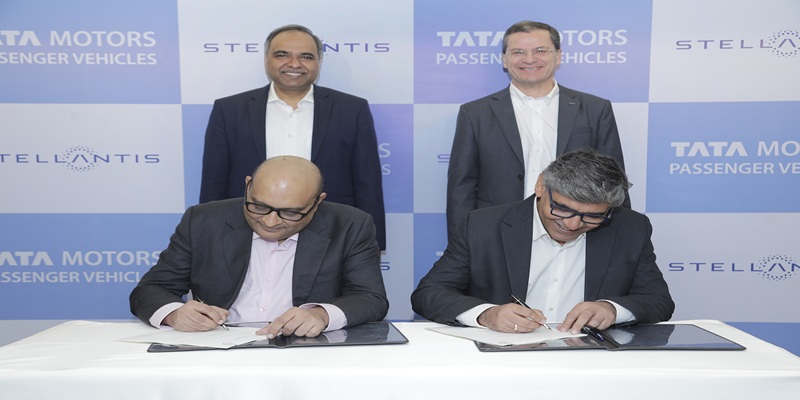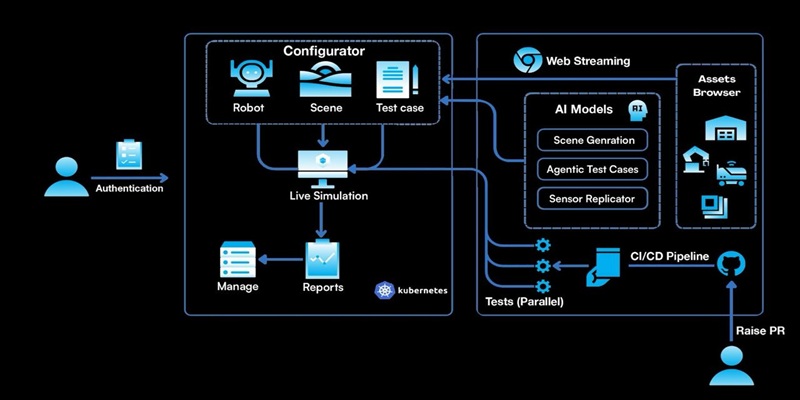Schedule a Call Back
Auto industry: Localisation movement needs government support
 Industry News
Industry News- Mar 30,21

Localisation refers to the practice wherein different components of the vehicles are manufactured within the country where the vehicle is meant to be sold. 100 per cent localisation within the automotive sector would be an aspirational dream in tandem with the ‘Make in India’ vision of PM Modi.
The Indian automotive industry has gained its momentum since early January 2021 and the Indian auto components industry is expected to reach US $ 200 billion in revenue by 2026. The spine of the industry is the suppliers of auto components and accessories which is also an exclusive part of the auto industry. But India’s auto component manufacturing sector is yet to achieve its true potential. And this is not because of challenges in the technology but the cost of production remains the main area of concern.ÂÂ
While the whole
nation is focusing on becoming ‘Atmanirbhar’, it is an opportunity for many
sectors and contretemps for a few. The government has urged the Indian auto
components manufacturers to increase localization to 100 percent and provide a
push to local manufacturers to bolster the domestic supply chain and strengthen
the automotive industry from its core.
Many Indian auto component industries aim to cut dependency on imports but it is easier said than done. It can be strenuous for the sector as 30 per cent of the industry is still dependent on imports from other parts of the world, mainly China. While the dependency of the auto manufacturing sector on import is approximately 70 per cent but some companies are supporting 75-95 per cent localisation. The auto sector is one of the key drivers of the Indian economy and a top contributor amongst the manufacturing sector. Localisation will be the way forward if we want to safeguard ourselves from fluctuating exchange rates which directly impact the final model /product cost.
Auto manufacturers
from across the nation have sought government support for localisation of
electronic components, especially semiconductors, which is currently facing a
global shortage; stating it would need high investment. The factors making the
differences are unavailability of resources, skilled labour availability, and
technology, high cost of production, and government policies of indirect taxes
such as custom and excise duties. To encourage localisation cent per cent, the
government and auto components companies should work together on a road map for
self-reliance for more localisation of auto components.ÂÂ
Given the current scenario, most of the auto manufacturing companies have shown their interest in adapting the government’s 100 per cent localisation movement but seeks government support in terms of infrastructure deficit, talent crunch, industry scale-up policies, access to world-class technology and practices, remaining cost-competitive and availability of cost-effective capital. The industry is facing challenges from rapid change in technology in this segment which calls for more funds for investments in research and development. As regards to the trade policy, the challenges mainly faced by Indian manufacturers are slowing down of investment in the OEM auto sector, duty on imported auto parts, and the sharp rise in imports mainly from ASEAN countries.ÂÂ
The auto manufacturing industry plays one of the pivotal roles in contributing 7.1 per cent to India’s Gross Domestic Product (GDP). The entrepreneurial community from the Auto component fraternity has wished for crucial interventions from the government on taxes, scrappage policy, import-substitution, capacity installation, and R&D.
(About the author: The article is written by Manav Kapur,
Executive Director  at SteelBird International.)
Related Stories

Stellantis, Tata Motors Mark 20 Years of FIAPL Partnership
Stellantis and Tata Motors Passenger Vehicles celebrate 20 years of FIAPL and sign an MoU to expand collaboration in manufacturing, engineering and supply chain.
Read more
Minda Corp Posts Record Q3 Revenue of Rs. 15,600 Mn, EBITDA Improves
Minda Corporation reported its highest-ever quarterly revenue in Q3 FY2026, driven by strong demand, portfolio strength and improved margins, alongside key leadership appointments.
Read more
Spark Minda Appoints Ajay Agarwal as Group CFO
Spark Minda appoints Ajay Agarwal as Group CFO and KMP, effective 5 February 2026, expanding his leadership role across finance, strategy, digital transformation and investor relations.
Read moreRelated Products

Automotive Oil Pump
Kalpak Auto Pvt Ltd offers a wide range of
automotive oil pump.
Tata Motors unveils facilities for development of Hydrogen propulsion tech
Tata Motors, India?s largest automobile company, unveiled two state-of-the-art & new-age R&D facilities for meeting its mission of offering sustainable mobility solutions. The unveilings constitute of Read more
Tata Motors plans petrol powertrain for Harrier and Safari SUVs
Tata Motors is in the process of developing a new petrol powertrain for its premium sports utility vehicles, the Harrier and Safari, as confirmed by a senior company official. Currently, these models Read more














